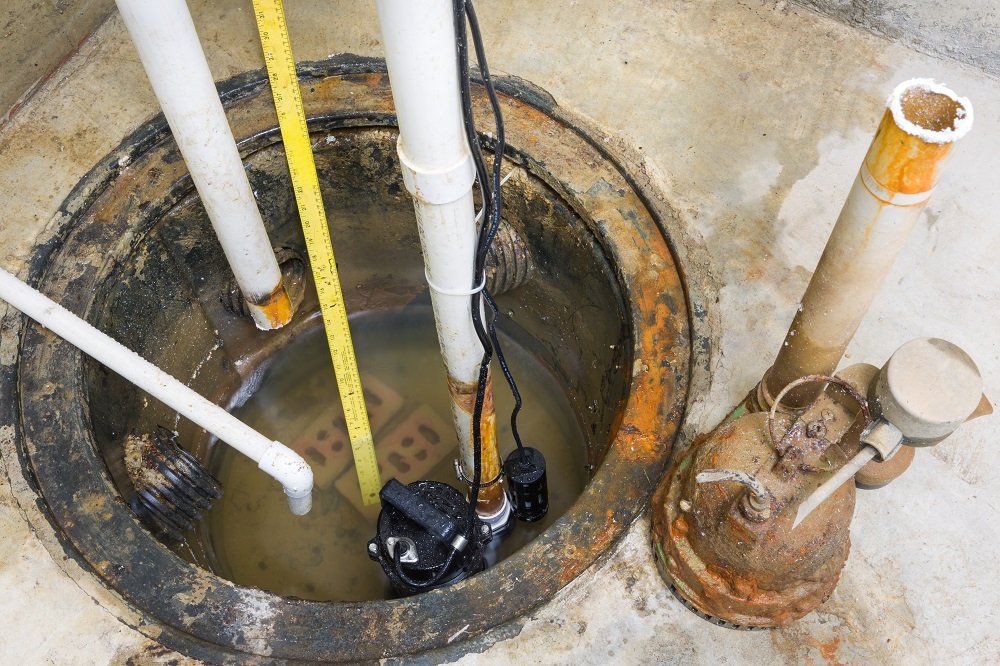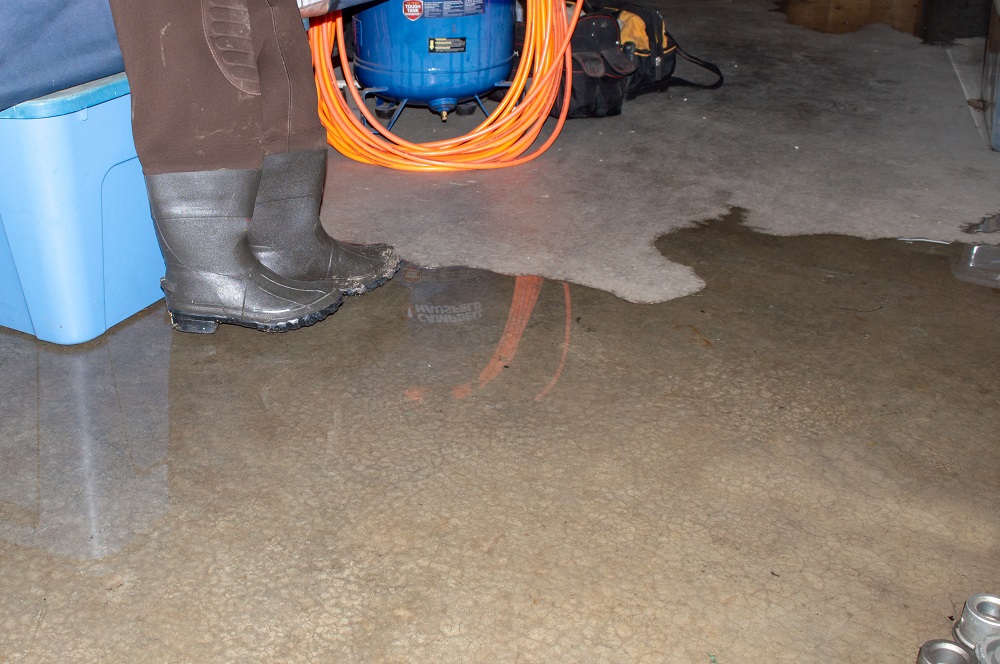One of the most distressing things that can happen to a homeowner is a flooded basement. Drainage issues around the house are often the source of this problem. That is why it’s critical to ensure that your basement is waterproof.
If you discover any signs of moisture or a musty stench in your basement, handle the situation immediately to prevent further damage to your property. You may also consult any basement waterproofing professional near your area to deal with it better.
Here are waterproofing tips to keep your basement dry and functional at all times.
1. Close Any Basement Opening Properly
Basement windows and doors should always be kept closed. For the reason that you may risk allowing warm and moist air to enter the basement if you keep it open. The accumulation of moisture in your basement is the last thing you want to happen.
Also, make sure that the windows in your basement are appropriately sealed. Good sealing will also help prevent water from entering through the windows.
In addition, if you have a window well in your basement, window well covers can be added on top of it. This will keep rainwater from entering the well directly. However, keep in mind that this will prevent you from opening the basement windows for ventilation.
2. Use A Dehumidifier
Humidity and condensation are two primary reasons leading to a damp basement. Condensation on cool surfaces, such as cold-water pipes, walls, and floors, is usually caused by poor ventilation.
The most effective solution is to invest in an energy-efficient dehumidifier. The majority of dehumidifiers can remove 30 to 60 pints of water from the air every day, which will help prevent basement moisture and mold development. While regulating humidity and moisture in your basement, it will also filter the air and minimize the odor.
3. Install A Sump Pump
If your basement is prone to flooding, you need to think about installing a sump pump. A sump pump is a tiny pump placed in a pit in your basement or another underground location. It gathers water in your basement and pumps it outside, away from your property.
If you already have a sump pump in your basement, frequent maintenance is required to keep it from being clogged. Check your sump pump by filling the sump pit with water and running the pump. If it starts automatically, it indicates that it’s in good condition.
Informed homeowners also install an extra sump pump as a preventive measure against flooding. The secondary pump will keep the pump running in the event of a power loss or during periods of heavy rainfall when the primary pump cannot keep up.
4. Grade Your Yard Properly
Water damage to your basement might be caused by the slope of the ground surrounding your foundation perimeter. Accordingly, you must grade the soil away from your property to prevent rainwater from accumulating against the foundation walls.
Grading is the process of sloping the soil away from the house. As a result, this reduces the pressure exerted by water on your walls and foundation. Create a minimum of a 5% slope to avoid water from flowing back and damaging your foundation.
If you don’t have the time to do it yourself, hire a landscaping specialist to help you. Water would never be an issue after the yard has been graded properly.

5. Insulate The Basement
Rim joists, basement ceilings, and exposed walls are potential entry points for outside air into your basement. When this happens, the interior becomes cold and damp.
Protecting the basement from humid air may be achieved using Polystyrene foam or foam board insulation. With good insulation, it will remain cool and dry even on the hottest days of the year.
6. Keep Gutters And Downspouts In Good Shape
During basement waterproofing, the roof drainage should not be overlooked. It only takes a leaky gutter or a broken downspout to cause water to penetrate inside your house.
Pools of water may form if gutters and downspouts are clogged or not working correctly. Afterward, the water infiltrates through the cracks that may be present in your basement wall.
If this is the case, clearing up the gutters and downspouts may be effective. Make gutters more efficient by installing a screen to catch leaves and twigs from adjacent trees. You can also add concrete gutters or splash blocks to divert water further away from the building.
7. Call In The Professionals
There may be several reasons why your basement floods frequently, some of which are out of your control. Because these basement waterproofing issues need specialized expertise and equipment, it’s best to get help from a basement waterproofing professional. They will do a thorough inspection of your basement, go through the details of the work, and make sure it’s waterproof.
Conclusion
If you see signs of dampness in your basement, don’t wait for the situation to worsen before taking action. The longer you wait to address the issue, the more expensive the repair costs.
It doesn’t matter if you do it yourself or hire a professional. The important thing is you waterproof your basement as soon as possible to prevent further damage and unwanted flooding.






